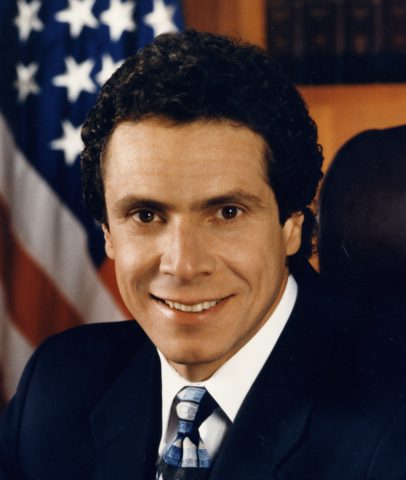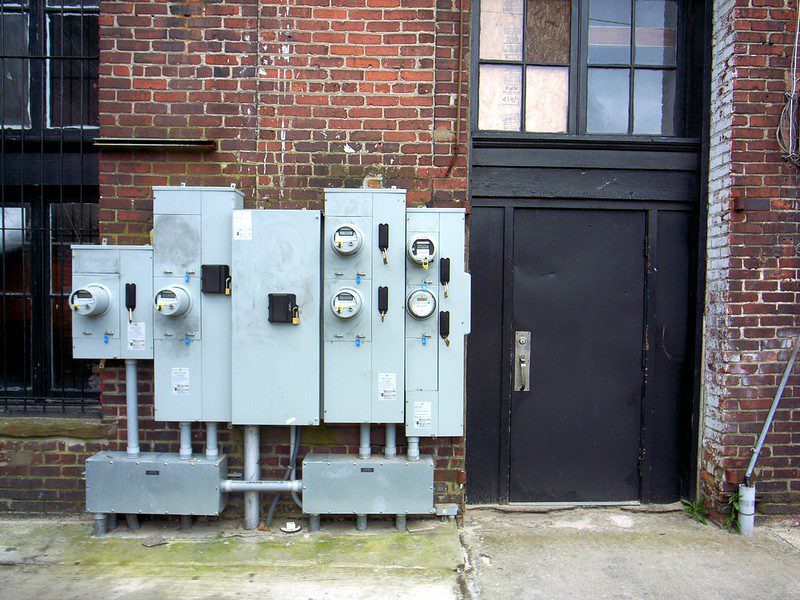From the Center for Community Change
HUD Announces Field Hearings On Discrimination In Property Insurance
U.S. Department of Housing and Urban Development (HUD) is issuing a Fair Housing Act regulation aimed at eliminating redlining and other forms of discrimination in property insurance. In order to generate the support needed to get a meaningful resolution through the bureaucracy, HUD is holding public hearings.
HUD needs to hear from community groups with experience on the issue and/or individuals who have experienced what they believe to be discrimination while attempting to obtain homeowner’s insurance. The regional hearings will also focus on what the regulation should contain. At some point during the hearing process, HUD may issue an Advance Notice of Proposed Rule-Making (ANPR) containing the proposed regulation. If this occurs, it is still important for you to push HUD either to go further or to formally adopt the regulation as soon as possible.
HUD asks that people who want to speak at the hearings call them at 800-343-3442. HUD also wants to receive advance written testimony from people who will be speaking. HUD has indicated that these hearings are a priority and that the Assistant Secretary in charge of Fair Housing and Equal Opportunity, Roberta Achtenberg, will be at every hearing. Please come out and support this effort. It is extremely important for community groups to attend a meeting in their region to show interest and support for the regulation. The more people we get, the more the press will pay attention to the regulation.
This information is provided by the Neighborhood Revitalization Project of the Center for Community Change, contact: Allen Fishbein, CCC, 1000 Wisconsin Ave, Washington, DC 20002. 202-342-0567
From the National Coalition for the Homeless
Ending Homelessness: National Policy and Local Decision Making
Homelessness advocates welcomed the Clinton Administration’s commitment to ending homelessness. When HUD put forward the model of a community-based “Continuum of Care,” we debated the wisdom of consolidating the HUD McKinney programs and monies. With skepticism born of years of neglect and skills honed by competitive proposal writing and lawsuits, we argued the probable impact of distributing federal money in state and local formula grants, the appropriate role of the federal government and the best use of federal resources.
The question is no longer about consolidation. That public policy issue has been settled. The administration, Congress and the advocates concur with the consolidation of HUD McKinney programs. Both House and Senate versions of Appropriations and Authorizing bills consolidate HUD McKinney programs. Differences about timing and conditions for implementation will be settled in conference and confirmed in final floor votes.
The question is now about local decision making: the local board, the people and processes for deciding the use of McKinney funds in each local jurisdiction. The local board must represent the community and must include homeless and formerly homeless people, homelessness advocates, nonprofit service providers, as well as the expected business, government and other interests.
One challenge for the local board is obvious – to work together to make the best use of the federal monies to prevent and to end homelessness. Less obvious is the challenge to ensure that the homeless and formerly homeless members of the local board truly have a voice in the decisions. These will be local decisions implementing a national policy to end homelessness. This new national policy is not about denial of homelessness or disrespect of homeless people. Nor is this policy about “disappearing” homeless people into jails, prisons or other institutions. This is a national policy about local people making decisions to house homeless people in their communities.
Advocates must always remember why we do the work. A newcomer to Washington, DC, I ride the bus. I ride the bus past the White House (our most elegant public housing) where men sleep on the benches in Lafayette Square Park. I ride the bus with women who carry their belongings to no known place of residence.
If all members of local boards commit to “ride the bus” in their own communities, and make decisions accordingly, this new national policy just might work.
Maureen Howard, Policy Consultant, National Coalition for the Homeless. For more information call 202-775-1322.
From the Coalition for Low-Income Community Development
COMMUNITY VIABILITY FUND
The Community Viability Fund (CVF), originally proposed by HUD, is legislation that has the potential to be important to nonprofits and lower-income communities. If passed, it would establish, for the first time in many years, a large federal program that could directly fund local community-based organizations. The CVF legislation is loosely based on the John Heinz Neighborhood Development Program that currently receives $5 million in funding. The Coalition for Low-Income Community Development (CLICD) is working with Congress to improve the language of the CVF legislation in regard to the concerns of community-based nonprofits.
The House Housing and Community Development Subcommittee, through an amendment offered by Nydia Velazquez (D-NY), included language to authorize a Community Viability Fund. Both the House and the Senate decided to attach the proposed CVF legislation to Section 4 – Capacity Building for Community Development and Affordable Housing, otherwise known as the National Community Development Initiative (NCDI) – rather than authorize it as a new program.
NCDI is a program, created by a partnership of foundations, that was funded last year to leverage a significant amount of foundation money for community development. These foundations match $3 for every $1 of federal money and then pass these dollars through LISC and Enterprise, intermediaries that work with community-based organizations in 23 cities as part of this NCDI program.
Authorization
The House of Representatives passed its Reauthorization Bill on July 22 and the Senate Banking Committee completed its authorizing work on June 22. The full Senate is expected to vote on its Housing Reauthorization Bill sometime in August. There are major differences between the House and Senate versions of the CVF bill, which are described below. These differences will have to be worked out in the conference committee, which is not expected to begin its work until after Labor Day.
CLICD will recommend to the conference committee members that the following items be included in the final bill: direct funding for community-based nonprofits (not just intermediaries); that entities eligible for funding must be clearly defined; no one organization can receive more than 20 percent of the funding under Section 4; and that the funding is awarded through a competitive process. In addition we will recommend that the fund be renamed the Geno Baroni Community Viability Fund. For copies of the actual language of both bills in a side-by-side analysis, please contact CLICD.
Appropriations
While we work to get the CVF legislation authorized, CLICD is also working hard to get money appropriated for the program. Currently, the House has authorized CVF at $60 million and the Senate at $40 million. Typically, the Appropriations Subcommittees do not provide any funding for programs not yet authorized.
Unfortunately, the authorization for the CVF program is not yet complete and it is unlikely to be finished prior to the HUD Appropriations Bill being passed by the House and Senate. The House Appropriations bill (H.R. 4624) that was passed on June 29 did not include any funding for CVF. Funding for the Heinz program was set at $10 million out of the CDBG program.
The good news for CVF is on the Senate side where, in an unusual move indicating support for the program, the Senate Subcommittee actually appropriated $20 million prior to the program receiving authorization. The bad news, however, is that the Senate Appropriations Subcommittee moved funding of the John Heinz Neighborhood Development Program out of the CDBG program (where it was funded as a CDBG set-aside last year) and linked it to the CVF appropriation.
The Senate Subcommittee indicated that up to $10 million of the $20 million appropriated for CVF may be used to fund the John Heinz Neighborhood Development Program. The full Senate voted on the HUD Appropriations Bill on August 4. A conference committee met during the week of August 15 to iron out the differences between the two bills. CLICD is working to get at least $20 million appropriated for CVF and to get the John Heinz Neighborhood Development Program funded through an earmark to the CDBG program
Information provided by Karen Stokes, CLICD 410-945-2835





Comments